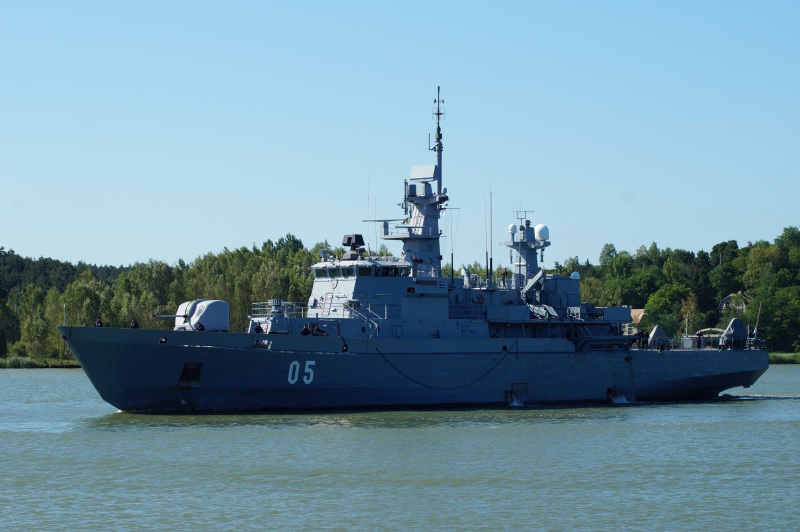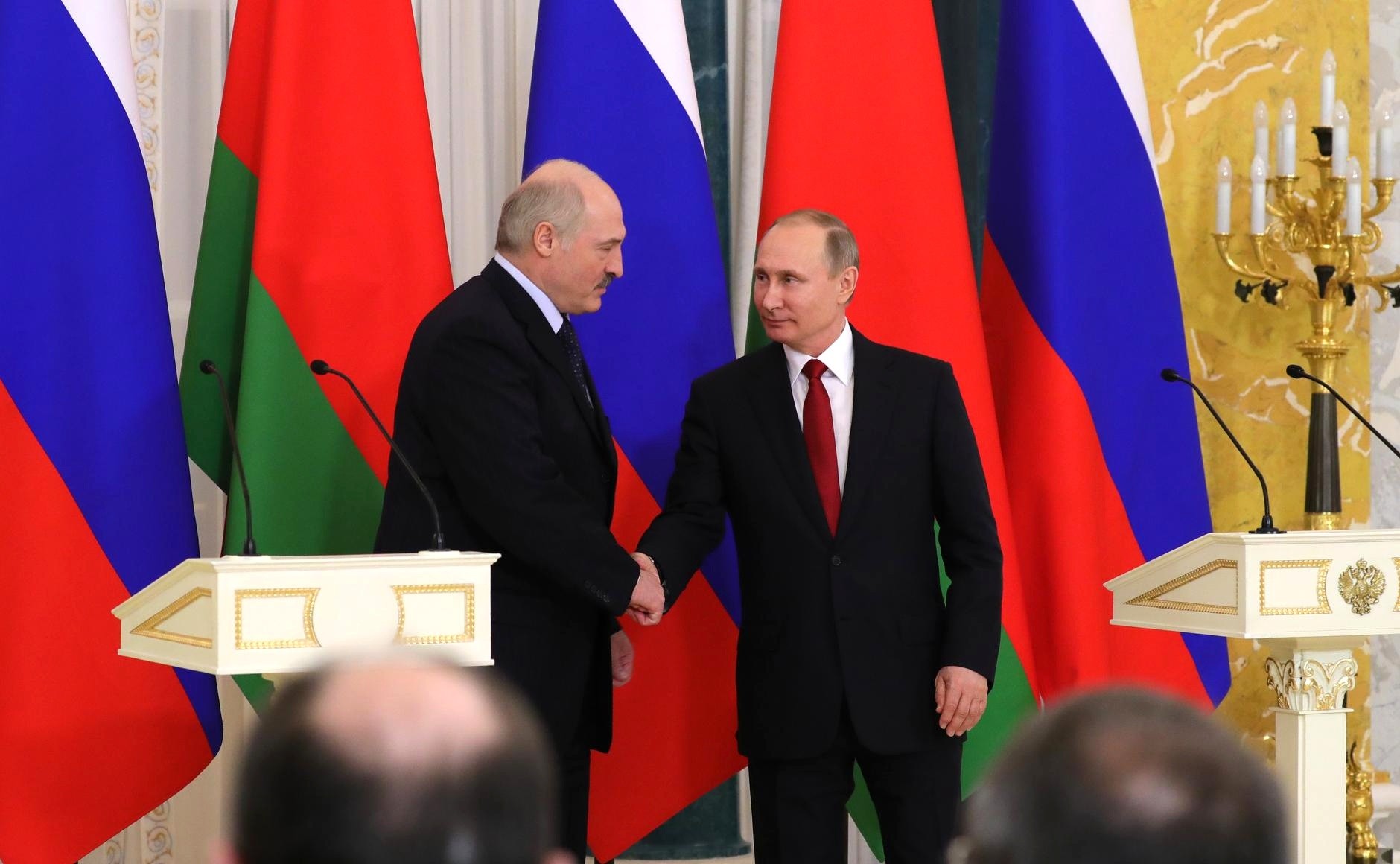Interoperability at Sea: Sweden and Finland
Last week, Finland and Sweden conducted naval cooperation exercises in the Baltic Sea. Given that these two countries have a long tradition of close cooperation in military affairs, this seems fairly mundane. But these exercises were highly unusual, as Finland’s FNS Uusimaa took orders from Swedish naval command, and Sweden’s HMS Helsingborg received orders from Finland’s command center in Turku. This was the first time in the history of Finnish-Swedish naval cooperation that ships took orders from the opposite country’s command.






